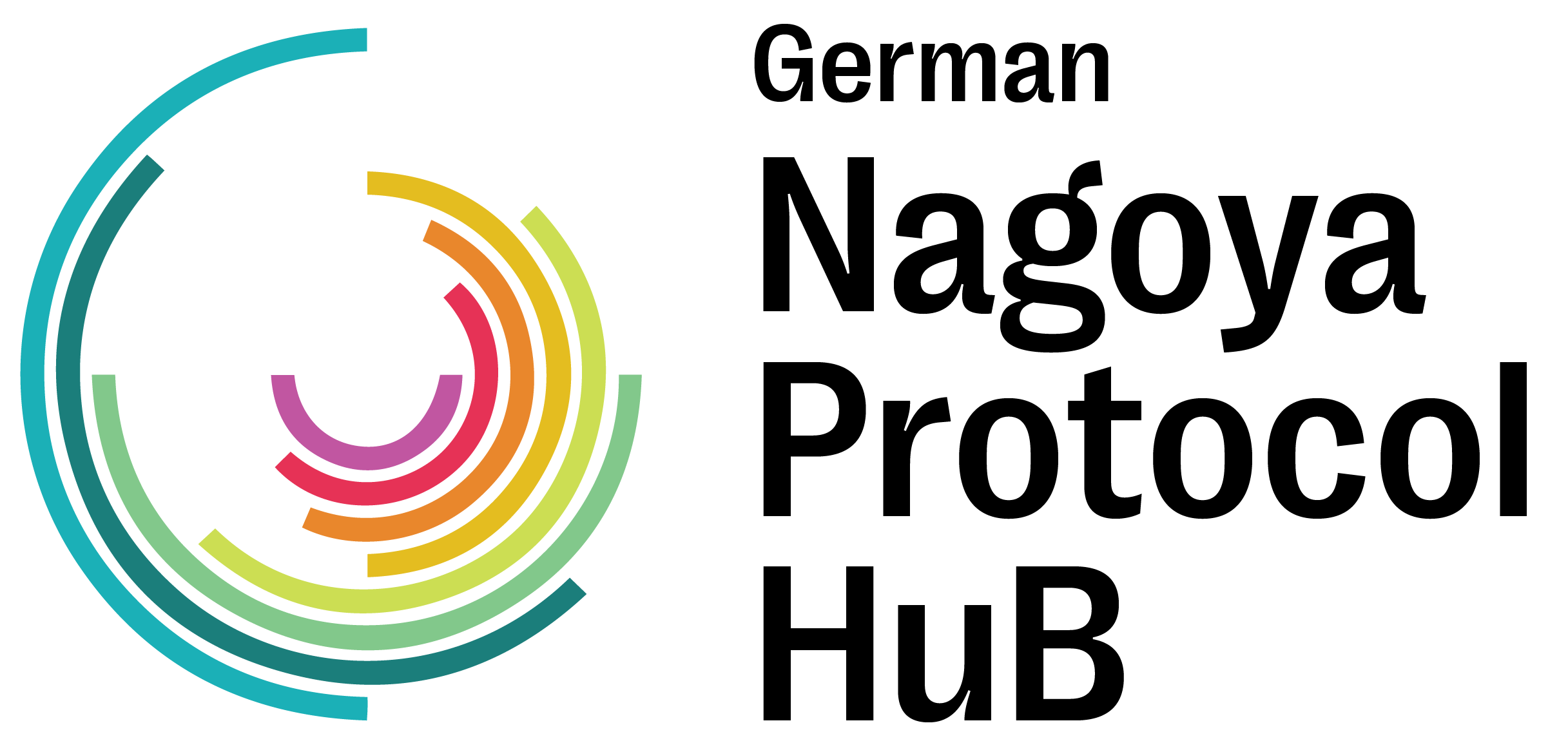ABS stories
Learning from experience: Vietnam
Institution: An institute in Germany focusing on marine research
Biological material: Macroalgae, i.e. seaweed
Research field: Biochemistry
Research: Basic and applied research, non-commercial
Focus: The diversity and abundance of macroalgae, potential uses for the cosmetic industry and cultivation techniques.
Collaboration partners: The material was shared among all five project partners, including four research institutions (one in Germany and three in Vietnam) and one German industry partner.
Getting the material: Whole specimens were collected in the field by the Vietnamese partners and scientists from the German research institute.
Funding: Private
Funding period: 2018-2020
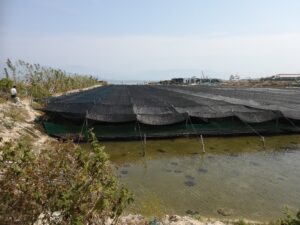
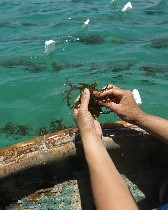
Photos: M. Teichberg
ABS Process
Amount of time invested full time in the process: 4 weeks
Time needed until all ABS documents were obtained: 5 months
Time needed for the ABS application to be processed: 3.5 months
ABS documents needed: Prior informed consent (research agreement), a benefit-sharing agreement, an ABS permit, a Material Transfer Agreement between the entities providing and receiving the material
Other documents needed: Research permit, collection permit
Before starting with the process, advice on ABS was provided to the German scientists by another person from the same institution.
A research agreement between the German and Vietnamese research institutes was a precondition to starting the ABS process. This agreement was considered to be Prior Informed Consent (PIC). Finalizing this agreement actually took longer than ABS process itself. Once this agreement had been signed by the directors of all research institutions, the process moved forward.
There were then two main steps, involving registration and submitting an application for an ABS permit.
The Vietnamese partners supported the entire process, although there was also some direct communication between the Vietnamese authorities and the German research institute by way of email. The Vietnamese authorities always responded quickly.
The ABS permit was provided by the Ministry of Natural Resources and Environment.
An internationally recognized certificate of compliance has been published in the ABS Clearing House.
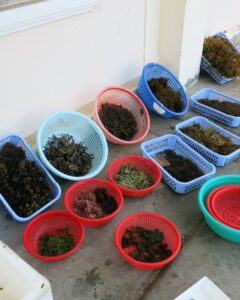
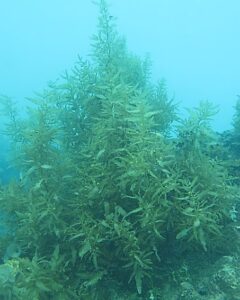
Photos: M. Teichberg
Benefit-sharing
The benefit-sharing arrangements are laid out in two agreements. One agreement is between the industry partner and the German research institute and the other agreement is between the German research institute and the Vietnamese partners (in which the role of the industry partner is also defined). If the industry partner applies for any intellectual property rights, the benefits will be shared with the German research institute. The second agreement ensures that the German research institute shares these benefits with Vietnam.
The scientists sought legal advice from the in-house legal department and external advisors when developing these agreements.
What are the benefits so far?
- Sharing results among the collaboration partners
- Co-authorship of publications by the Vietnamese and German researchers
- Provision of funding for international visits to Germany to process samples together, discuss the project with the partners, and introduce the Vietnamese scientist to the industry partner
- Provision of funds for research infrastructure and equipment for the collaborating Vietnamese institutions
If the project moves into a commercial phase, it is expected that the seaweed farmers and local communities in Vietnam would benefit due to development of a new value chain.
Advice for other researchers obtaining biological material from Vietnam
The research institution in Germany had a positive experience with ABS in Vietnam, although there were some of the usual challenges, e.g. language barriers and not knowing how to go about the ABS process.
What do they suggest?

Plan enough time for the ABS process, be patient and go step by step. Especially putting together the agreements with the different institutions took a lot of time. Consider which steps can be taken early, e.g. before your research project is approved or even before you start writing the project proposal!

Even your local partners may not be familiar with the ABS process or sure how to proceed. Contact the national focal point to find out how the process works and be transparent with the authorities about your work.

Take into account local cultural differences and know how you are going to deal with language barriers. Your local collaborators will play an important role in this regard. Without the research partners in Vietnam, coordinating this ABS process with the local authority would have been very difficult.

Consider getting legal advice. In this case, it was necessary for developing the agreements between the research institutes and the agreement between the German research institute and the industry partner.
